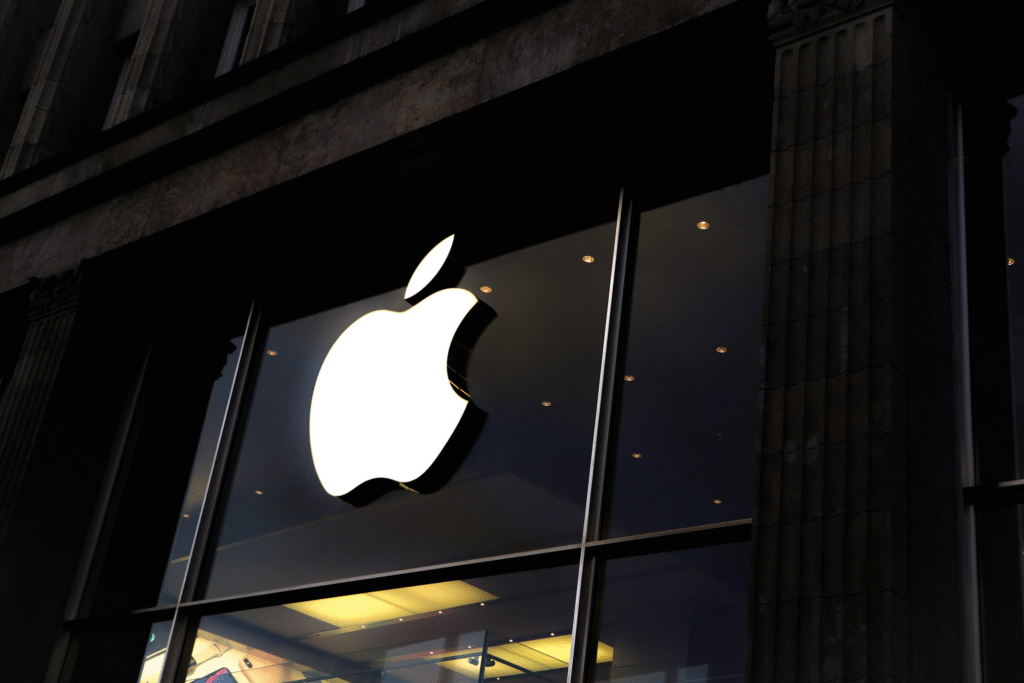Apple, one of the biggest names in technology, is facing a surprising challenge with its latest device, the iPhone Air. Just a month after launching the product, the company has decided to reduce its production by more than 80%. This huge cutback has shocked many people in the tech world. For a company known for its successful products, this move shows that even the world’s most loved brand can make mistakes in predicting what customers truly want.
The news of this production cut came from reliable sources within Apple’s supply chain and from analysts who closely follow the company’s progress. According to reports, the demand for the iPhone Air has been far weaker than Apple expected. This isn’t just a small issue — it’s being called one of the company’s most disappointing product performances in recent years.
Apple introduced the iPhone Air with the hope that it would bring something new and exciting to its loyal users. The phone was meant to be a lighter, sleeker version of the traditional iPhone — easy to carry, stylish, and packed with features. However, things did not go as planned. After the initial launch, sales numbers failed to impress. People did not rush to buy the phone as Apple had hoped, leaving the company in an unexpected situation.
According to Mizuho Securities, one of the respected financial groups analyzing Apple’s market trends, the reason for this production cut is simple — very low sales. The company stated that “Apple is cutting production due to underwhelming sales,” making it clear that the response to iPhone Air has been disappointing. This is a big setback for Apple, especially because it had high hopes for this model.
Well-known Apple analyst Ming-Chi Kuo also confirmed this production cut. He explained that Apple’s suppliers will reduce their capacity by more than 80% through the first quarter of 2026. Some suppliers will even stop producing certain parts completely. Kuo’s statement shows that Apple isn’t just slowing down production for a short time — it might be planning to end it altogether if sales don’t improve soon.
Another report from Nikkei Asia, a well-known business publication, stated that a survey of analysts found “virtually no demand” for the iPhone Air. This phrase means that very few people are showing interest in buying it. In fact, Nikkei Asia also reported that the production cuts are so deep they are “near end of production levels.” This could mean Apple might quietly stop making the iPhone Air if the situation continues like this.

This is surprising because Apple usually enjoys huge success with every new launch. Each time a new iPhone model comes out, fans line up at stores and pre-orders sell out within minutes. But this time, something went wrong. Experts believe that Apple may have miscalculated what the market wanted. Perhaps people did not find the new model different enough from older iPhones, or maybe the high price made them think twice before buying it.
Interestingly, when the iPhone Air was launched in China, it sold out within hours. Many thought this meant the phone would do well in the market. However, it seems that the excitement did not last long. The long-term demand in China is now uncertain. Some say that the early sell-out happened only because the supply was very limited, not because there were millions of buyers waiting for it.
There were also delays in the release of the eSIM-only version of the iPhone Air in China. The Chinese government required special approvals for this new technology, which made the launch slower than planned. Because of this delay, Apple lost some momentum in one of its most important markets. By the time the phone finally launched, other companies had already introduced newer and more advanced phones, making competition tougher for Apple.
The iPhone Air’s failure has come as a shock for many inside and outside the company. It also raises questions about Apple’s future product planning. In recent years, Apple has faced growing competition from brands like Samsung, Google, and several Chinese smartphone makers. These competitors offer high-quality phones at lower prices, which makes it harder for Apple to maintain its strong market position.
Even though Apple has faced challenges before, this one feels different. The 80% production cut shows that something major went wrong — either with the pricing, the marketing, or the product itself. Many analysts believe that the iPhone Air may not have offered enough unique features to convince people to buy it. In simple words, it did not stand out enough in a crowded market full of similar devices.
However, Apple is known for learning from its mistakes. The company has already started focusing on its next big releases — the iPhone 17 and iPhone 17 Pro models. Reports suggest that Apple is putting a lot of effort into these upcoming phones to make sure they don’t face the same problems as the iPhone Air. The company hopes these new devices will bring back excitement and increase sales.
The story of the iPhone Air shows how unpredictable the technology market can be. No matter how big or famous a company is, success is never guaranteed. Consumers are smarter and more selective than ever before. They compare prices, features, and reviews before spending their money. If a product doesn’t meet their expectations, they simply move on to something better.
For Apple, this is a moment of reflection. It must now ask itself what went wrong — was it the product design, the marketing, or the understanding of customer needs? The answers to these questions will decide how Apple shapes its future.
As Apple cuts down production by 80%, many experts believe this could mark the end of the iPhone Air experiment. But for Apple, every setback has always been a chance to come back stronger. The company’s long history shows that it knows how to bounce back from tough times. The world will now be watching closely to see what Apple does next. Will it surprise everyone again with a revolutionary new iPhone? Only time will tell.








